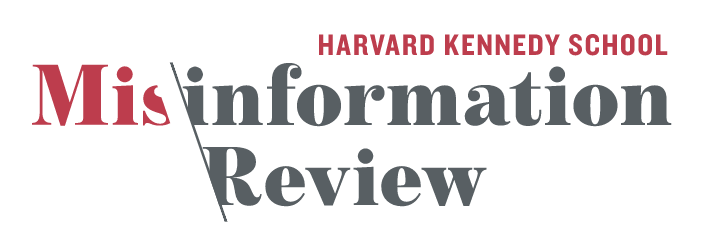
Last chance to make a tax-deductible contribution for 2021. Would you consider a donation to support Weekend Reads, and our daily work? Thanks in advance.
The week at Retraction Watch featured:
- 2021: A review of the year’s 3,200 retractions
- ‘A clusterf**K’: Authors plagiarize material from NIH and elsewhere, make legal threats — then see their paper retracted
- ‘Highly professional, but the process seems to take a long time’: Is this the best way to correct the record?
- Medical journal retracts letter calling hijab ‘an instrument of oppression’
Our list of retracted or withdrawn COVID-19 papers is up to 205. There are now more than 32,000 retractions in our database — which now powers retraction alerts in EndNote, Papers, and Zotero. And have you seen our leaderboard of authors with the most retractions lately — or our list of top 10 most highly cited retracted papers?
Here’s what was happening elsewhere (some of these items may be paywalled, metered access, or require free registration to read):
Continue reading Weekend reads: A Russian paper mill under an X-ray; AI and doctored images; COVID-19 vaccine paper earns scrutiny






